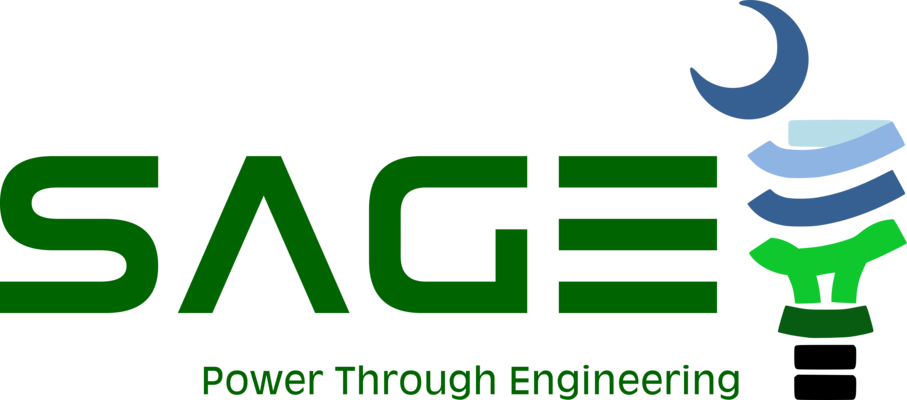Abstract
The materials genome initiative (MGI) aims to accelerate the process of materials discovery and reduce the time to commercialization of advanced materials. Thus far, the MGI has resulted in significant progress in computational simulation, modeling, and predictions of catalytic materials. However, prodigious amounts of experimental data are necessary to inform and validate these computational models. High-throughput (HT) methodologies, in which hundreds of materials are rapidly synthesized, processed, and characterized for their figure of merit, represent the key experimental enabler of the theoretical aspects of the MGI. HT methodologies have been used since the early 1980s for identifying novel catalyst formulations and optimizing existing catalysts. Many sophisticated screening and data mining techniques have been developed and since the mid-1990s, this approach has become a widely accepted industrial practice. This article will provide a short history of major developments in HT and will discuss screening approaches combining rapid, qualitative primary screens via thin-film techniques with a series of quantitative screens using plug flow reactors. An illustrative example will be provided of one such study in which novel fuel-flexible sulfur tolerant cracking catalysts were developed. We will then illustrate a path forward that leverages existing HT expertise to validate, provide empirical data to and help guide future theoretical studies.

